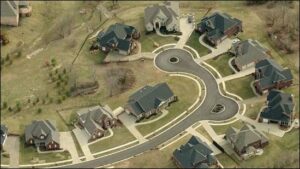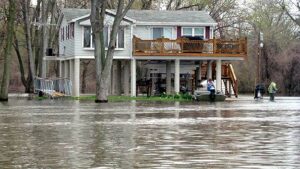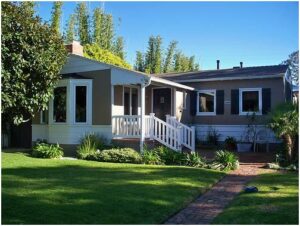Hello, my friends! It’s that time of year again when I tackle my annual Louisville real estate year in review post. I’ve been completing this task faithfully, in one form or another, since 2008. Some you may find at InsiderLouisville while most are here in the LHB archives.
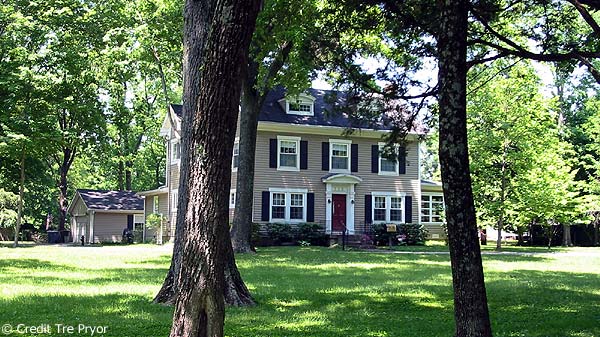
Let’s get right to it!
2016 Takes Home the Trophy
Well, it’s been spied in the tea leaves for a few months now but at this point, I can safely call it… 2016 the best year on record for home sales in Louisville, Kentucky! The record had been held by 2005, with 11,439 properties sold for the year. Through November, we currently sit at 11,138 and I don’t think there’s anything to worry about landing those final units.
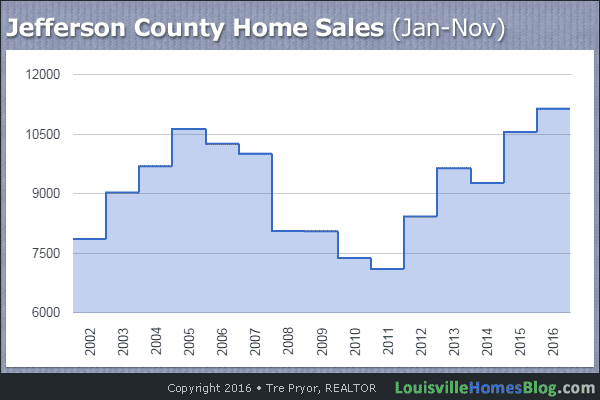
As you can see, other than 2014, home sale activity has steadily increased since the housing recession. Let’s see how the home sales this year break down by price tier.
| Price Tier | # Sold |
| $0-$49,999 | 701 |
| $50,000-99,999 | 1672 |
| $100,000-$159,999 | 3176 |
| $160,000-$199,999 | 1559 |
| $200,000-$249,999 | 1316 |
| $250,000-$299,999 | 998 |
| $300,000-$399,999 | 988 |
| $400,000-$499,999 | 450 |
| $500,000+ | 429 |
(Not sure why the GLAR data breaks the tiers at $140,000 and $160,000, rather than what we’d expect at $150,000… but what can you do.)
63% of all home sales in 2016 were under $200,000. Jump up to $250,000 and we get to 75%! Clearly, the most activity is in the lower price ranges. Louisville greatly needs more housing inventory, especially in that $150,000-$200,000 price range where demand is super intense.
Some other tidbits and then we’ll jump to specific Louisville areas.
- The median home sales price in 2016 was $161,000. Last year was $151,500.
- The average home sales price in 2016 was $198,077. Last year was $189,431.
- Our absorption rate is down to a paltry 2.79 months. (6 months is considered a balanced market.) Last year it was 3.99, which honestly, isn’t much better.
- The year-to-date cumulative days on market is 65. Last year was 78.
To summarize our Louisville real estate year in review for 2016, homes are selling faster and for more money even while choices were fewer.
Price Changes in Different Parts of Louisville
Almost across the board, home prices are up in Louisville. November’s Louisville Real Estate Update highlighted:
With a median home sale price for November at $165,000, this is more than 10% higher than the same month one year ago.
But not every part of the city is experiencing the same growth.
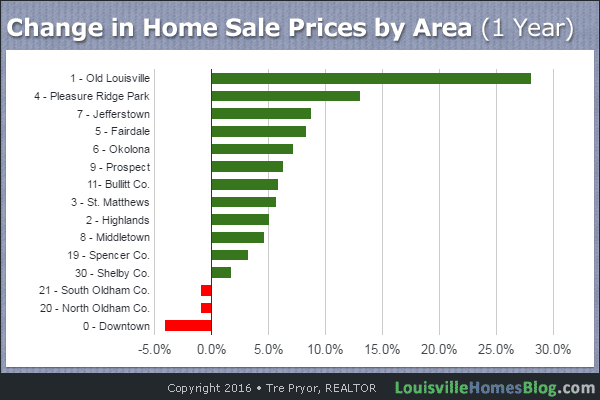
Old Louisville is clearly the winner here in 2016 with an astounding 28.1% increase! The 12-month trailing average is currently sitting at $45,688.
This while Oldham County has been sliding lower. A portion of this phenomenon can be ascribed to more modest price points for new construction builds where Oldham has a greater percentage.
The Downtown region—MLS Area 0—saw the worst of things. Keep in mind it does have the smallest sample size of all our areas. Even though it’s been a stellar year for sales, this area has only seen 128 properties exchange hands in 2016.
Here’s the data I used to build the chart above.
| MLS Area | Change | 11/15 | 11/16 |
| 1 – Old Louisville | 28.1% | $35,671 | $45,688 |
| 4 – Pleasure Ridge Park | 13.1% | $93,380 | $105,604 |
| 7 – Jefferstown | 8.8% | $160,185 | $174,224 |
| 5 – Fairdale | 8.4% | $104,929 | $113,707 |
| 6 – Okolona | 7.2% | $124,950 | $133,906 |
| 9 – Prospect | 6.3% | $232,783 | $247,447 |
| 11- Bullitt Co. | 5.9% | $151,475 | $160,396 |
| 3 – St. Matthews | 5.7% | $224,412 | $237,129 |
| 2 – Highlands | 5.1% | $170,176 | $178,833 |
| 8 – Middletown | 4.7% | $257,264 | $269,325 |
| 19 – Spencer Co. | 3.3% | $193,670 | $200,025 |
| 30 – Shelby Co. | 1.8% | $174,384 | $177,483 |
| 21 – South Oldham Co. | -1.0% | $283,876 | $281,060 |
| 20 – North Oldham Co. | -1.0% | $283,876 | $281,060 |
| 0 – Downtown | -4.1% | $168,729 | $161,804 |
Summarizing Our Louisville Real Estate Year in Review
With home prices rising and inventory shrinking, there weren’t many who expected 2016 to be the year we broke the all-time sales record for our city. But it was!
Maintaining our historically low-interest rates surely played a powerful part. Certain economic factors have improved as well.
But I would also propose that some of this year’s potent activity arrived by way of another path. During the housing recession, people who wanted to move didn’t. They postponed their plans until circumstances were more favorable. Some portion of this year’s success was these families. How much? It’s impossible to tell.
The time between moves has been steadily dropping over the decades. 2017 might also see strong home sales, as long as housing inventory at the very least holds steady.

